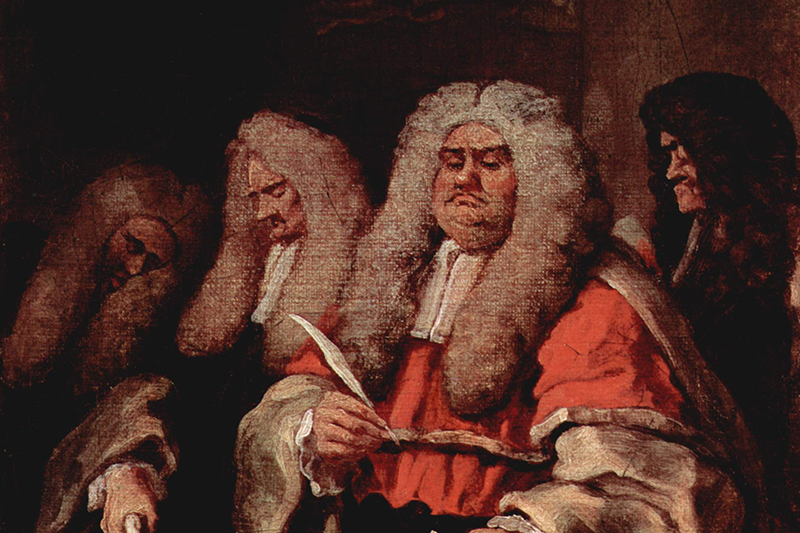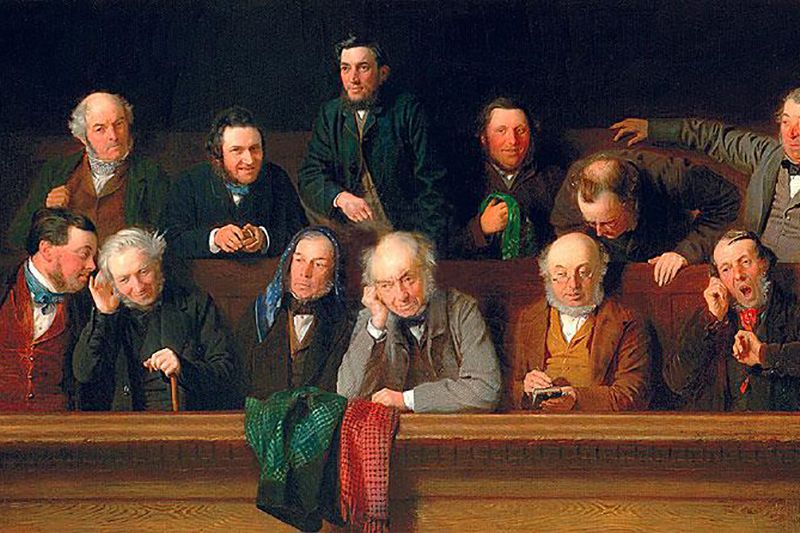Every week, the editors of The Paris Review lift the paywall on a selection of interviews, stories, poems, and more from the magazine’s archive. You can have these unlocked pieces delivered straight to your inbox every Sunday by signing up for the Redux newsletter.
This week, we bring you Janet Malcolm’s 2011 Writers at Work interview, Dante Troisi’s short story, “Diary of a Judge,” and Devin Johnston’s poems “Means of Escape.”
Janet Malcolm, The Art of Nonfiction No. 4
Issue no. 196 (Spring 2011)
Trials offer exceptional opportunities for the exercise of journalistic heartlessness. The antagonists in trials lend themselves to the kind of cold scrutiny that few people can withstand. Trial transcripts are cruel documents. The court stenographer dutifully records everything she hears and what appears on the page often reads like something from the theater of the absurd. The court scenes in The Journalist and the Murderer and The Crime of Sheila McGough are based entirely on transcripts. I wrote about the trials after they were over. It is only in my new book, Iphigenia in Forest Hills, that I wrote about a trial I actually attended. But I also relied heavily on the transcript. One of the most interesting parts of a trial are the sotto voce sidebars or bench conferences in which the attorneys and judge take off the masks they have put on for the jury and spectators. These conferences are recorded by the court stenographer and appear in the transcript, to which they often contribute a note of high comedy.
Diary of a Judge
By Dante Troisi
Issue no. 30 (Summer–Fall 1963)
The H-Bomb exploded today, young man, but we condemn you just the same, even though you say you stole the wood to warm yourself. You might have been more easily acquitted if your case had not been called up last. Now it is late and we have little will to debate and so concur with the president, who has great respect for private property. And then in the brain crammed with images of extermination which the explosion evokes, your fate is no landmark.
Means of Escape
By Devin Johnston
Issue no. 203 (Winter 2012)
The courtroom, clad in wood veneer,
could be a lesser pharaoh’s tomb
equipped for immortality.
A civil servant drags her broom
around the bench and gallery
as jurors darken a questionnaire.One coughs against the courtroom chill.
One drums her fingers atop the bar.
One finds escape through Stephen King,
as through a window left ajar.
One talks and talks, a reckoning
of who got sober, who took ill …
If you like what you read, get a year of The Paris Review—four new issues, plus instant access to everything we’ve ever published.
from The Paris Review https://ift.tt/2O0uBLf



Comments
Post a Comment